Beauty News, Bonusan
Supporting the Liver with Herbs and Nutrients
Our Western lifestyle often leads to an overburdened liver. Generally, we consume a lot of processed foods and don’t engage in enough physical activity. Additionally, poor sleep patterns and excessive stress can put pressure on the liver. Due to this strain, the liver’s functions may not operate optimally, resulting in damage and loss of function.
Thankfully, you can prevent this by making changes to your diet and lifestyle. This article explains how to achieve a sustainably healthy liver, making annual ‘detox juice cleanses’ a thing of the past!

Symptoms of Impaired Liver Detoxification
Recognizing impaired liver detoxification can be challenging, as the symptoms are often vague and not directly linked to liver function. Some common symptoms include:
- Chronic fatigue
- Headaches
- Migraines
- Skin problems
- Itching
- Hormonal imbalances
- Sleep disorders
Functions of the Liver
Weighing in at approximately three pounds, the liver is one of the largest and heaviest organs in the body, demonstrating the significant number of hepatocytes (liver cells) required to carry out a wide array of functions. These include:
Energy Management
The liver plays a vital role in energy management. It is a metabolically active organ that can:
- Store glucose as glycogen for reserve fuel.
- Convert glycogen back to glucose and release it into the blood when blood sugar levels are low.
- Create new glucose from proteins when blood sugar levels are low or when extra energy is needed.
Besides storing reserve energy, the liver can also store vitamin B12 for later use.
Liver Production
The liver is responsible for producing:
- Bile
- Cholesterol
- Clotting factors
- Blood proteins (such as albumin and inflammatory cytokines like C-reactive protein)
Detoxification Function
One of the primary roles of the liver is detoxifying substances in a process known as biotransformation. This involves changing the structure of endogenous (naturally occurring) or exogenous (external) substances to render them harmless so they can be excreted through urine or feces.
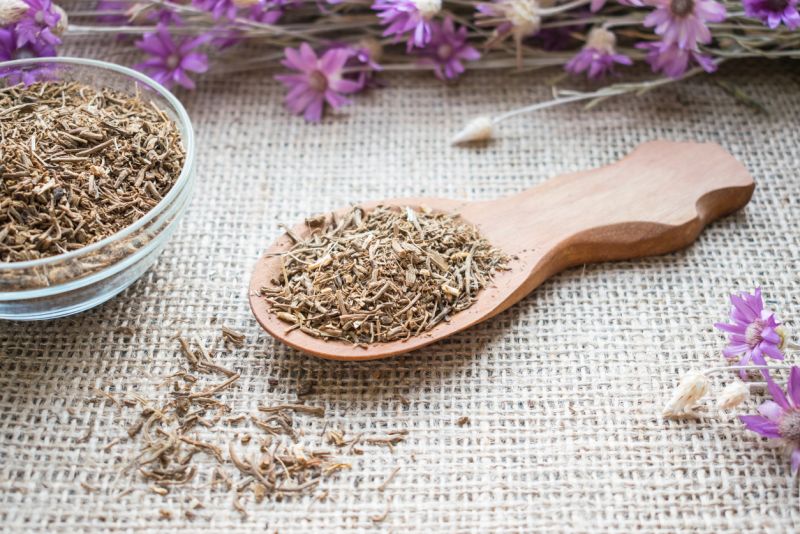
Biotransformation Stages
The liver accomplishes biotransformation in two phases.
In the first phase, all substances are made water-soluble through a process known as hydroxylation. This phase generates a lot of free radicals. Once a substance has been made water-soluble, it can be excreted through urine or feces. However, after this phase, some substances may remain active or even toxic.
In the second phase, the water-soluble substance is further neutralized and rendered harmless. B-vitamins play a significant role in this stage. It’s crucial for the detoxification process that these two phases are balanced.
The liver also detoxifies environmental toxins from food, medication, and alcohol and processes all nutrients and hormones produced by the body.
The liver is partially responsible for:
- Immunity
- Blood clotting
- Energy management
- Detoxification and conjugation of endogenous and exogenous substances
- Fat digestion with the help of bile
Nutrients to Support the Liver
The liver has many tasks, making it crucial to provide optimal support. Here are some essential nutrients for the liver and the foods where they can be found:
-
Choline (helps maintain normal liver function)
Found in eggs, meat, fish, whole grain products, vegetables, fruit, and oils. -
Taurine
Found in meat, fish, shellfish, and poultry. -
L-cysteine
Found in vegetables (onions, garlic, broccoli, sprouts, and lentils), shellfish, chicken, and turkey. -
Zinc (helps protect cells from oxidative damage)
Found in meat, cheese, grain products, nuts, and shellfish (shrimp and mussels). -
Selenium (helps protect cells from oxidative damage)
Found in fish, meat, and nuts (Brazil nuts). -
Vitamin C (helps protect cells from oxidative damage)
Found in vegetables, fruit, and potatoes.
Taurine, a sulfur-containing organic acid, can be produced in the liver in limited amounts from the amino acids L-cysteine or L-methionine. L-cysteine is a semi-essential amino acid. Together with selenium, L-cysteine also contributes to the production of glutathione, the liver’s primary antioxidant.
Herbs to Support the Liver
Several herbs can help support liver health. Milk thistle (Silybum marianum) and dandelion (Taraxacum officinalis) help maintain normal liver function and also protect cells against oxidative damage. Broccoli (Brassica oleracea italica) and artichoke (Cynara scolymus) have been used in herbal medicine for centuries.
Additional Ways to Support the Liver
Besides nutrients and herbs, a healthy lifestyle with sufficient exercise and sleep is important. As the liver is active 24 hours a day, maintaining a regular sleep-wake cycle is essential for good liver function.
Summary of this Article
Impaired liver detoxification is often caused by unhealthy diet, excessive medication and alcohol consumption, disrupted sleep cycles, and stress, resulting in vague symptoms like headaches, migraines, skin, and hormonal problems. To restore health and energy sustainably, optimizing the detox function is crucial. Adjustments in diet and lifestyle are vital steps. Nutrients and herbs like vitamin C, zinc, selenium, choline, taurine, l-cysteine, milk thistle, dandelion, broccoli, and artichoke can provide supportive help.
Product tips for this article
-
Bonusan Hepasan: Hepasan is a liver support supplement that combines a number of beneficial ingredients, including artichoke (Cynara scolymus) and milk thistle (Silybum marianum), both of which were mentioned in the blog as beneficial herbs for liver health.
-
Bonusan L-Cysteine 500 mg: L-cysteine is one of the nutrients mentioned in the blog that supports the liver. Bonusan provides this supplement, which could be recommended to provide this essential amino acid.
-
Bonusan Multi Vital Forte Actief: This is a comprehensive multivitamin that provides B-vitamins, which as stated in the blog, play an important role in the liver’s detoxification processes. It also contains choline, another nutrient mentioned in the blog as being important for liver health.
-
Bonusan Zinc Methionine 15mg & Copper: Zinc is highlighted in the blog as a nutrient that supports liver health and protects cells from oxidative stress. This product from Bonusan provides zinc, along with copper for balanced supplementation.
-
Bonusan Selenium 200 mcg: Selenium is another nutrient mentioned in the blog that helps protect cells from oxidative stress. This product from Bonusan can help to provide a source of this essential mineral.
-
Bonusan Taurine 600mg: Taurine is an amino acid that the blog identifies as beneficial for the liver. Bonusan offers this product which can be added to the regime for extra liver support.


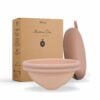
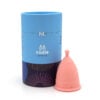











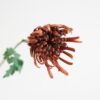



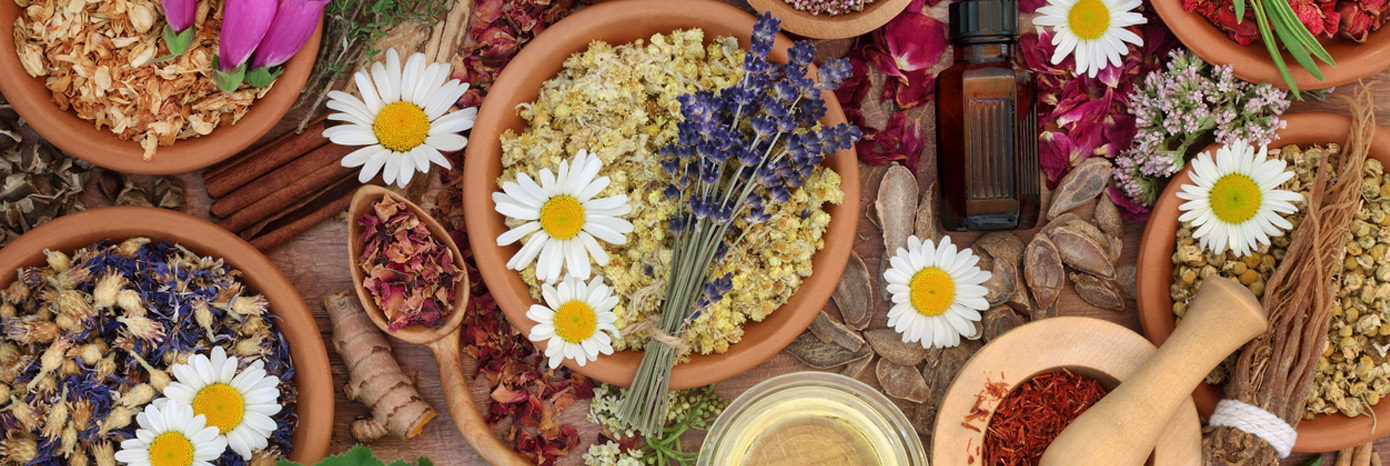
 Beauty Products
Beauty Products By Skintype
By Skintype Brands A-Z
Brands A-Z Wellness
Wellness Health / Nutrition
Health / Nutrition